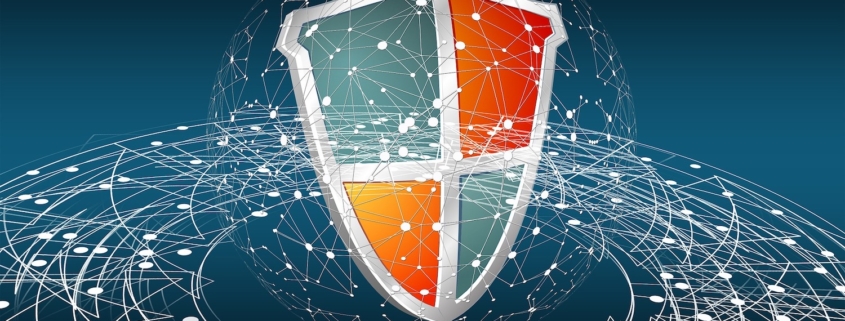What is System Hardening? Tips and Best Practices
Cybercrimes are increasing in scope, and with the numbers rising year by year, organizations continue to suffer losses to the tune of millions of dollars. Unfortunately, things seem to have gotten even worse during the pandemic. While the FBI reported a 400% rise in cybercrimes, the Accenture State of Cybersecurity Survey also noted that ransomware attacks rose 31% within one year from 2020 to 2021.
In such a scenario, protecting systems and data has become imperative for organizations. While there is no single way to protect you from all types of attacks, there is a way out with system hardening.
System hardening is the process that secures computing systems by reducing the attack surface to make them hack-proof. It consists of a set of tools and methodologies that removes the non-essential services, thus minimizing the security risks to your system as much as possible.
This article will discuss system hardening, its benefits, the types, and the best practices for successfully implementing system hardening.
What is System Hardening?
Threat actors can bring an organization to its knees by exploiting vulnerabilities in the system, such as unpatched firmware, common password terms, improperly configured devices, improper user permissions, un-encrypted data, and others.
System hardening identifies the potential security vulnerabilities existing in your system, scales down the attack surface, and redresses the security flaws to make the system more protected. By doing so, you leave bad actors with fewer options to hack into systems and initiate cyberattacks. Overall, with system hardening, you improve the operational efficiencies of your system and ensure they are in a compliant state at all times.
12 Tips for Mitigating Security Risks in IoT, BYOD-driven Enterprises
Benefits of System Hardening
Greater Security: When done correctly, system hardening significantly reduces the risk of your enterprise falling prey to cyberattacks. Since system hardening minimizes the attack surface, it automatically lowers the risk of your system being subjected to cyberattacks and other malicious activities.
Improved Performance: Working with limited…


